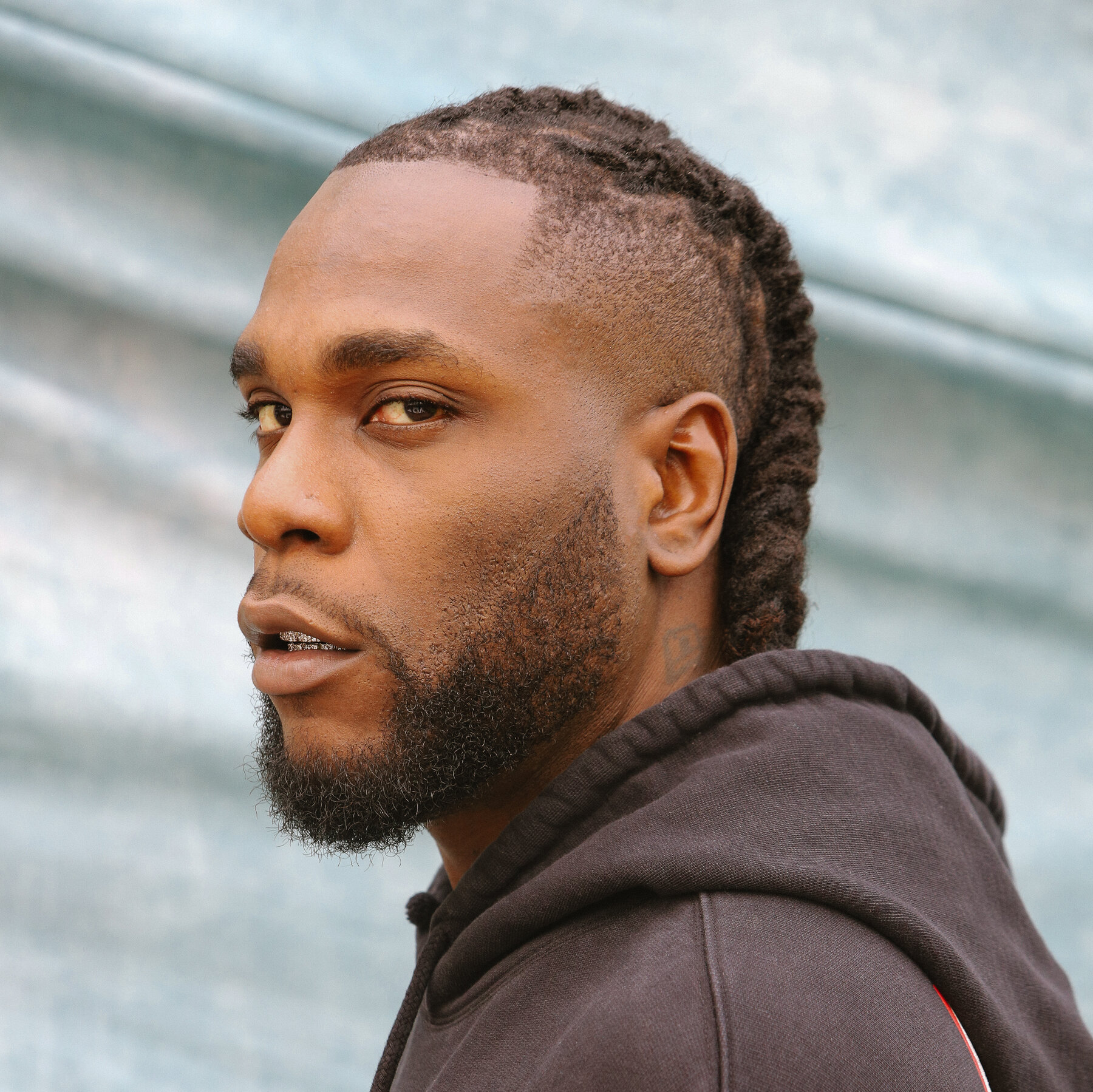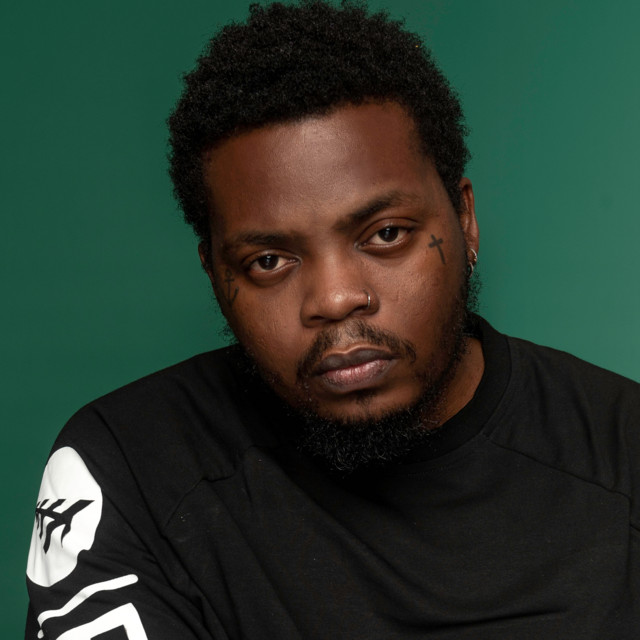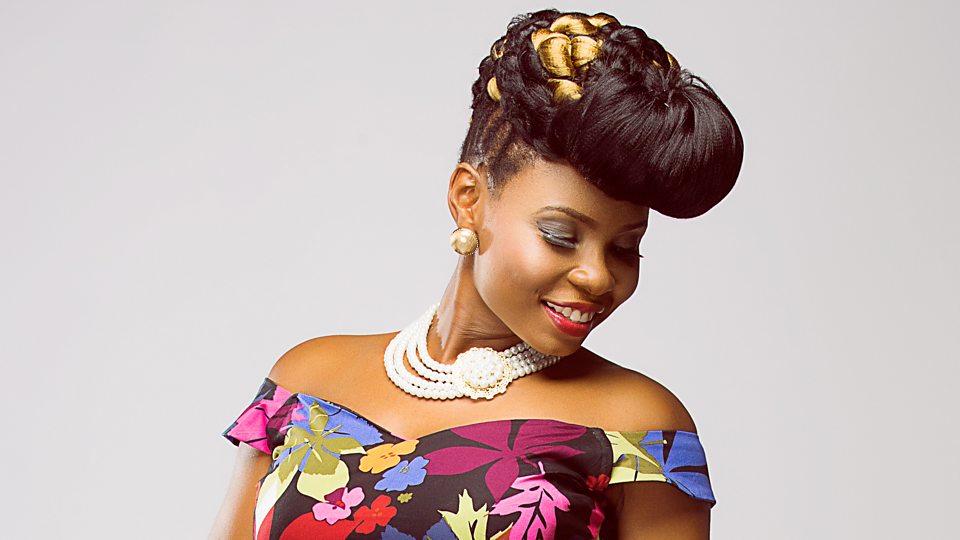
The Prince of Wales has said survivors of the Manchester Arena terror attack ‘must have their voices heard’ and urged for change after victims were left without mental health support.
Twenty-two people were murdered and hundreds injured when suicide bomber Salman Abedi detonated his device in the foyer of Manchester Arena at the end of an Ariana Grande concert on May 22, 2017.
More than 200 young survivors took part in the research for the report, all of whom were under 18 at the time of the attack, and some of whom were physically injured in the bombing.
The report reveals that while 93 percent of young survivors felt they needed support in the aftermath of the attack, 70 percent received no professional help within the first month and 31 percent received no professional help within the first year.
While some of the professional help offered by teachers, counsellors and GPs was invaluable to survivors, some of it inadvertently introduced more trauma, research showed.
And some young people felt their experiences were not validated by adults in positions of care, and that their feelings and opinions were dismissed on account of their age.
Speaking on the research, Prince William, patron of the National Emergencies Trust, said ‘we must listen to their stories now’ in order to ‘learn for the future’ after a report revealed that nearly a third of young survivors of the bombing had received no professional support.
The report, titled Bee the Difference, found that three-quarters of children and young people affected by the 2017 terror outrage were psychologically injured by what happened to them.
But 29 per cent have never received any professional support in the six years since, and four in 10 of these say it was never offered to them.
In response, Prince William said: ‘This report makes clear that young people who have experienced the trauma of terrorism have needs unique to age.
‘These are minds that need the space to have their voices heard and their feelings acknowledged.
‘We must listen to their stories now, in order to learn for the future. I look forward to seeing the change it creates.’
The Bee The Difference report, launched on Monday, is a research project designed by and for young survivors of the arena attack in collaboration with UK disaster response charity the National Emergencies Trust and researchers at Lancaster University.
One survivor told researchers: ‘The tutor told me I should take the attack as a positive experience, that thus ‘hardship’ would make me a stronger person.
‘He said not many young people experience hardship nowadays. This felt totally insensitive, so I didn’t return.’
One survivor who lost his partner in the attack says he felt abandoned by the lack of emotional support after the incident.
Paul Price, 55, was waiting with his partner Elaine McIver, 43, for his daughter Gabrielle, then 13, and her friend to come out of the Ariana Grande concert.
But suicide bomber Salman Abedi, 22, detonated his home-made bomb and killed 22 people, including Mrs McIver. She died instantly after suffering injuries to her chest.
Mr Price sustained several injuries in the attack including severe burns, broken bones, loss of hearing and embedded shrapnel, which remain in his groin, pelvis and back.
He spent just over eight months in hospital and has had around 55 different operations since the bombing and will have to have more in the future.















Be the first to comment